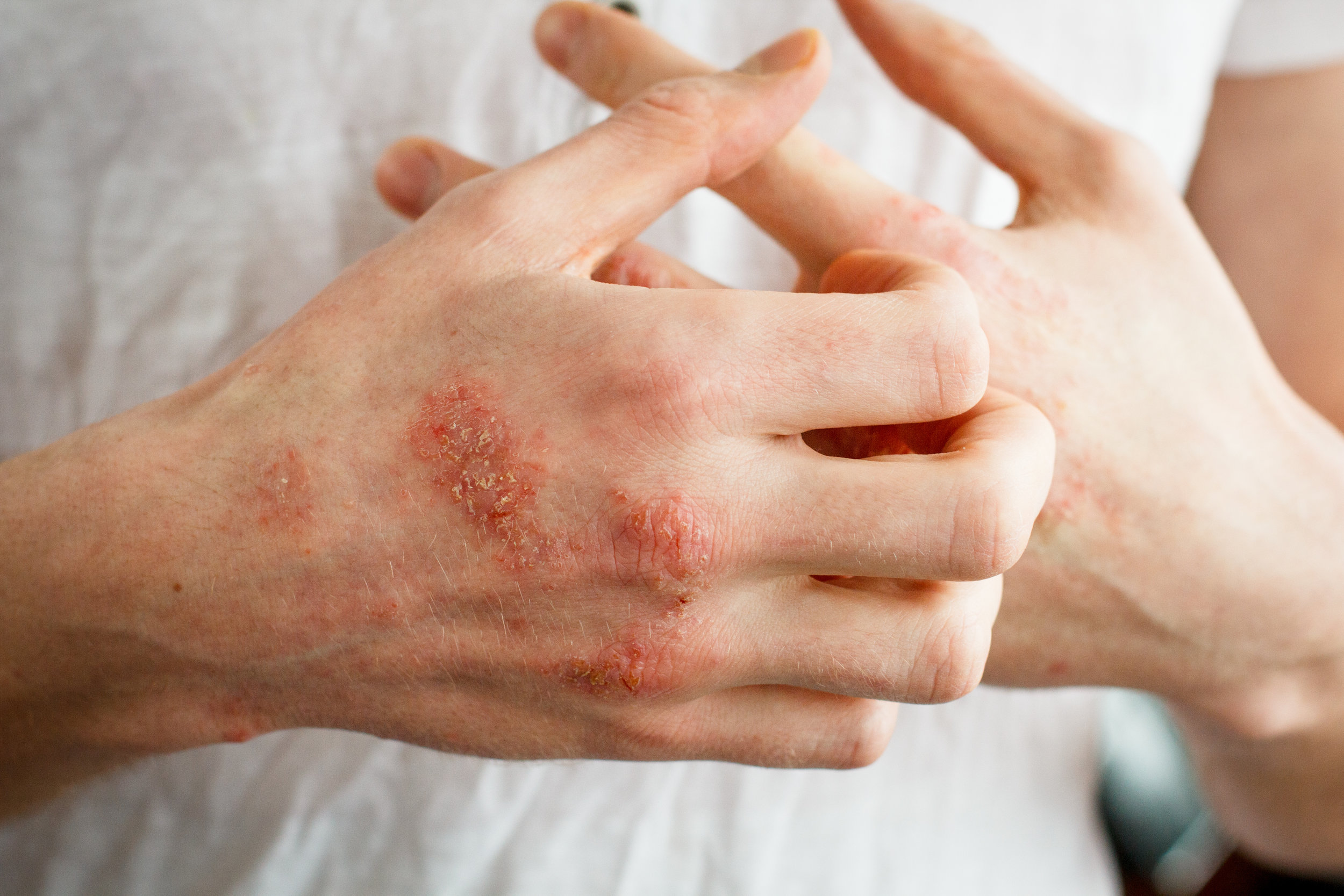Dry Winter Skin Tips
With below-freezing temperatures and heaters running full-blast in our homes and cars, many of us are experiencing dry winter skin. On the surface, a change in the humidity can cosmetically make fine lines and wrinkles more noticeable. But dry skin is also a serious medical problem for many. In the winter, our skin can itch, flake, crack and even bleed, causing pain and discomfort as we go about the day.
Dr. David Fieleke, board-certified dermatologist and founder of Cornerstone Dermatology & Surgery Group in Lee’s Summit, offers tips for preventing dry winter skin and recommends some of his favorite products for providing increased hydration.
Prevention
Protect your skin from the elements. Our hands are the first place we notice dry skin. Always wear gloves when going outdoors or performing tasks where your hands get wet, such as washing dishes.
Use a humidifier to add moisture back into the air in your home.
Stay warm without cozying up to a fireplace or sticking your hands directly in front of the heater in your car. Sitting in front of an open flame or other heat source can dry your skin.
Choose gentle, unscented skincare products. Avoid deodorant soaps, and steer clear of skincare products that contain alcohol or fragrance.
Modify your bathing routine to prevent dry skin. Close the bathroom door, and limit your time in the shower or bath to five to 10 minutes. Use warm, rather than hot water. While bathing, wash with a gentle, fragrance-free cleanser. Apply enough to cleanse your body, but avoid using so much that you create a thick lather. After you bathe, gently pat skin dry and generously apply moisturizer.
What moisturizer do you recommend?
That’s a frequently-asked question at Cornerstone Dermatology during the winter months! For the most added hydration, Dr. Fieleke recommends choosing a product labeled ‘cream’ or ‘ointment’ versus ‘lotion.’ Ointments and creams are more effective and less irritating than lotions. Look for one that contains oil, such as olive oil or jojoba oil. Shea butter also works well. Other skin-soothing ingredients to look for are: lactic acid, urea, hyaluronic acid, dimethicone, glycerin, lanolin, mineral oil and petrolatum.
There are many great products available at a variety of price points. Dr. Fieleke’s goal in providing product-specific recommendations is for you to find a product that works well at a price that’s within your budget.
Moisturizers
SkinCeuticals Triple Lipid Restore (for the face, available at our office)
skinbetter science Hydration Boosting Cream (for the face, available at our office)
CeraVe Skincare AM and PM Moisturizing Lotion (for the face, available at drugstores)
Aveeno Eczema Therapy Cream (for the body, available at drugstores)
Cetaphil Moisturizing Cream (for the body, available at drugstores)
Vanicream Moisturizing Skin Cream (for the body, available at drugstores)
If you’re already following these tips and consistently applying and re-applying a moisturizing product to affected skin and still not experiencing relief, it’s time to consult your dermatologist. Very dry skin can require a prescription ointment or cream or could even be related to an underlying medical condition. To make an appointment at Cornerstone Dermatology, call (816) 287-1528.


